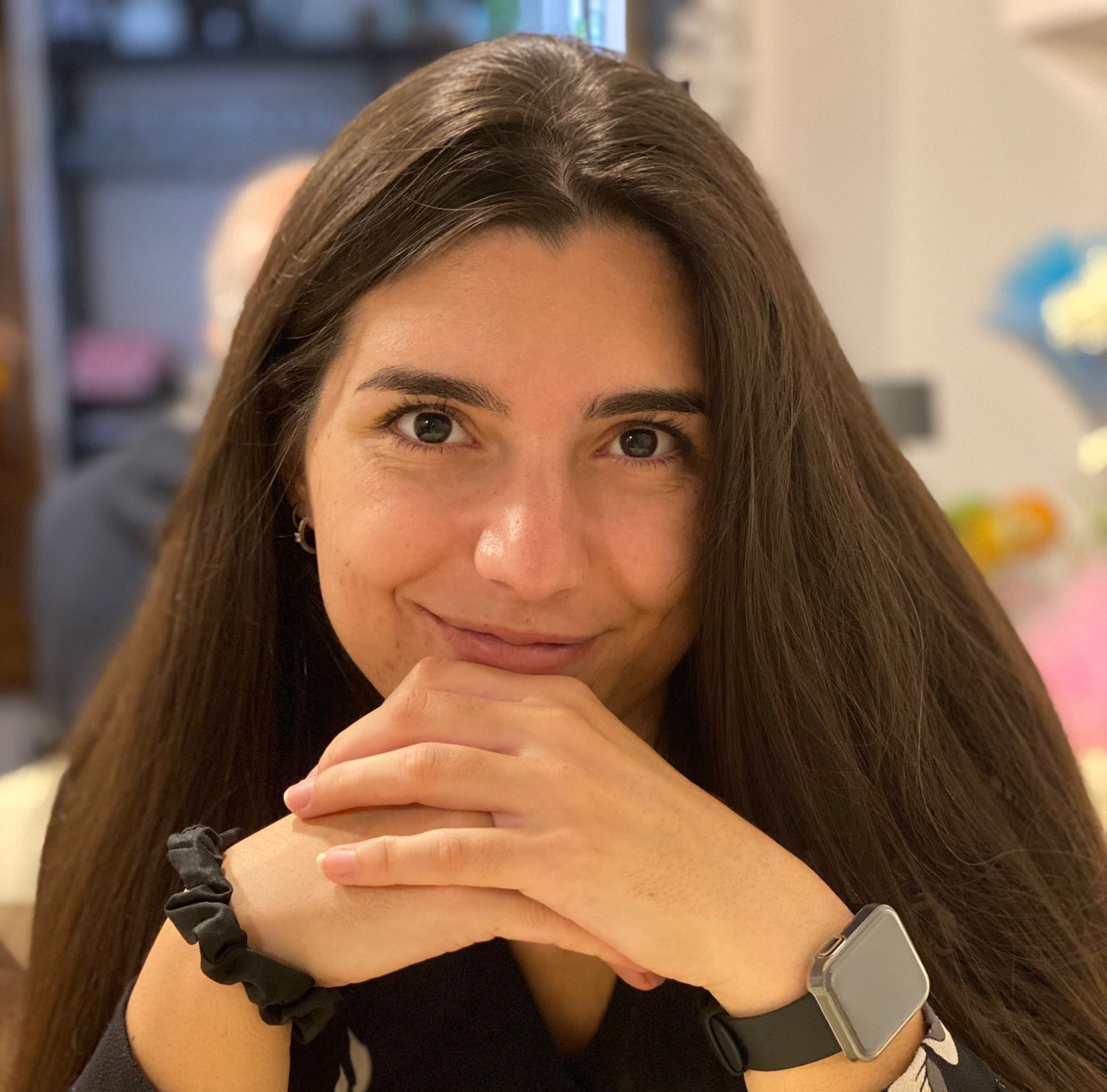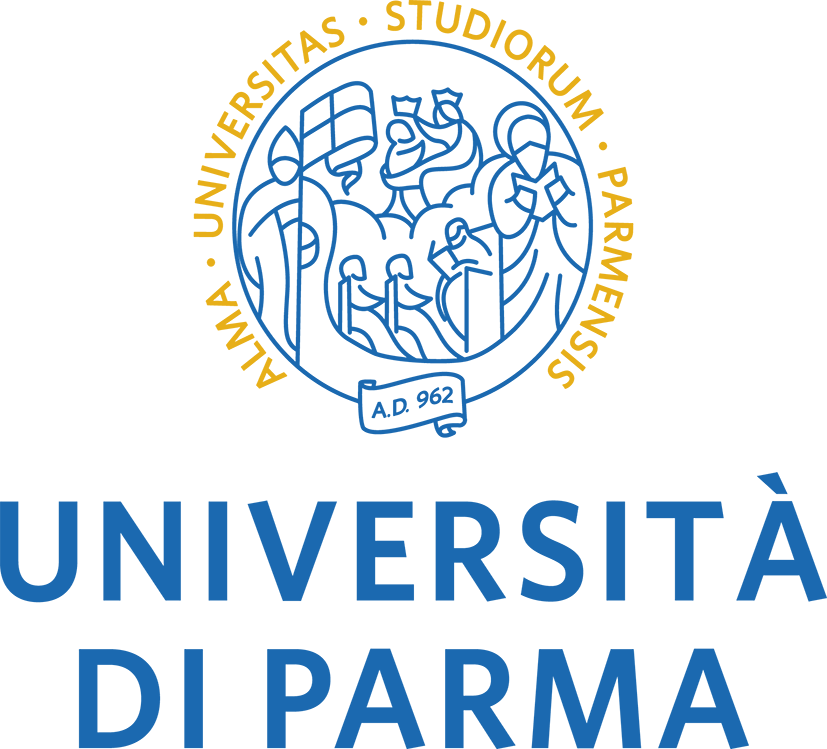GeCoIn
Generative Code Intelligence Workshop
In conjunction with 28th European Conference on Artificial Intelligence - ECAI 2025
Workshop ProgramGenerative Code Intelligence Workshop
In conjunction with 28th European Conference on Artificial Intelligence - ECAI 2025
Workshop ProgramThe workshop is scheduled to be held on 26th October 2025 as part of the ECAI 2025 conference.
The workshop program will include keynote presentations from leading researchers and oral presentations for all the accepted papers. Each paper will be allocated a 15-minute slot: 12 minutes for the presentation and 3 minutes for Q&A.
The proceedings of the workshop can be found at https://ceur-ws.org/Vol-4075/.
Introduction + Keynote
Introduction + Keynote Presentation + Q&A
Session 1: Vulnerabilities
• Vulnerability Assessment of LLM-Generated Smart Contracts in Ethereum
Mirco Vella, Antonio Emanuele Cinà, Marina Ribaudo and Fabio Roli
• Adversarial Evaluation of Machine Learning-Based Python Source Code Vulnerability Detectors
Talaya Farasat
Coffee Break
Session 2: Tools and Case Studies
• An Embedding-Based Approach for Identifying LLM-Generated Code in Student Assignments
Paulina Gacek
• SecFlow: An Agentic LLM-Based Framework for Modular Cyberattack Analysis and Explainability
Francesco Blefari, Cristian Cosentino, Angelo Furfaro, Fabrizio Marozzo and Francesco Aurelio Pironti
• UnitTenX: Generating Tests for Legacy Packages with AI Agents Powered by Formal Verification
Yiannis Charalambous, Claudionor N. Coelho Jr, Luis Lamb and Lucas C. Cordeiro
• DeepCodeSeek: Real-Time API Retrieval for Context-Aware Code Generation
Esakkivel Esakkiraja, Denis Akhiyarov, Aditya Shanmugham and Chitra Ganapathy
• Conversational Code Generation: a Case Study of Designing a Dialogue System for Generating Driving Scenarios for Testing Autonomous Vehicles
Rimvydas Rubavicius, Antonio Valerio Miceli-Barone, Alex Lascarides and Subramanian Ramamoorthy
This workshop aims to offer a shared venue for researchers and practitioners involved in the design, development, and application of generative AI technologies, such as large language models (LLMs), to engage with experts in software engineering, security and verification.
Reasons behind the idea of this workshop arise from the widespread adoption of those cutting-edge AI technologies in the creation of code, which is prevalent in both academic research and industrial settings. As the utilization of these powerful tools continues to grow, there is an increasing necessity to ensure that the code they generate is secure and safe, ideally free from vulnerabilities.
However, controlling AI code generation is challenging because modern, often commercially-used, models operate as black boxes and frequently lack awareness of their own inaccuracies. As a consequence, AI generated code could introduce serious weaknesses in a source code corpora, which could become potentially difficult to identify when the AI tools are used massively. Roads towards a solution to this issue are numerous and open research questions in various fields: static analysis, security, benchmarking, fine-tuning or custom training of AI models, software engineering, explainable AI, and so on.
By bringing together experts from these communities, the workshop aims to foster interdisciplinary collaboration and facilitate the sharing of knowledge, providing a common ground of discussion about possible solutions to this challenge.
We invite submissions on all aspects related to generative code intelligence, including but not limited to:
1st August 2025
8th September 2025
28th September 2025
26th October 2025
All deadlines are 23:59 AoE (Anywhere on Earth) on the specified date.
We invite submissions in the following two categories:
Maximum 8 pages excluding references. These submissions should describe work that advances the current state of the art in the above or related areas.
Abstract only. These submissions could describe work in progress, tools, experiments, overviews, or improvements over existing work, in the above or related areas.
All submissions must be in English and follow the CEUR single column format. Papers should be submitted only through the workshop's submission system. All submissions will undergo a single-blind peer review process.
Paper will be submitted as PDF documents through EasyChair at this link: https://easychair.org/conferences?conf=gecoin2025.
The template for the submission can be found at this link https://it.overleaf.com/latex/templates/template-for-submissions-to-ceur-workshop-proceedings-ceur-ws-dot-org/wqyfdgftmcfw.
All submissions will be peer-reviewed by at least three members of the program committee for quality and relevance.
We plan to include all regular papers in the Proceedings of the event, published at CEUR WS proceedings. CEUR WS proceedings are archival proceedings indexed by DBLP and Scopus.

University of Parma
Italy
eleonora.iotti@unipr.it

University of Parma
Italy
vincenzo.arceri@unipr.it

Ca' Foscari University of Venice
Italy
greta.dolcetti@unive.it

Imperial College London
United Kingdom
sergio.maffeis@imperial.ac.uk
Antonio Emanuele Cinà
University of Genoa
Edoardo Manino
University of Manchester
Gabriele Penzotti
University of Parma
Giulio Zizzo
IBM Research
Guannan Wei
INRIA/Tufts
Hossein Hajipour
CISPA
Ke Li
University of Exeter
Laura Titolo
Code Metal
Lucas Cordeiro
The University of Manchester
Luca Olivieri
Ca' Foscari University of Venice
Souvick Das
University of Luxembourg
